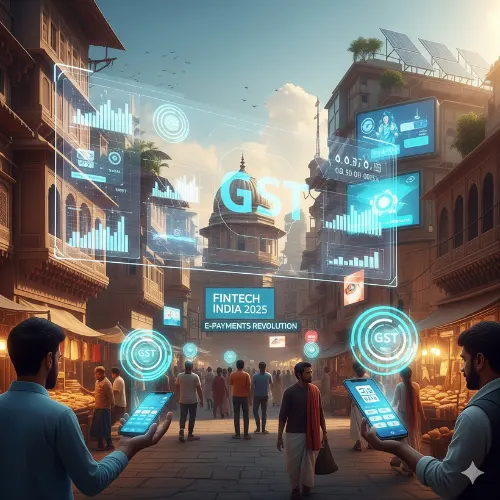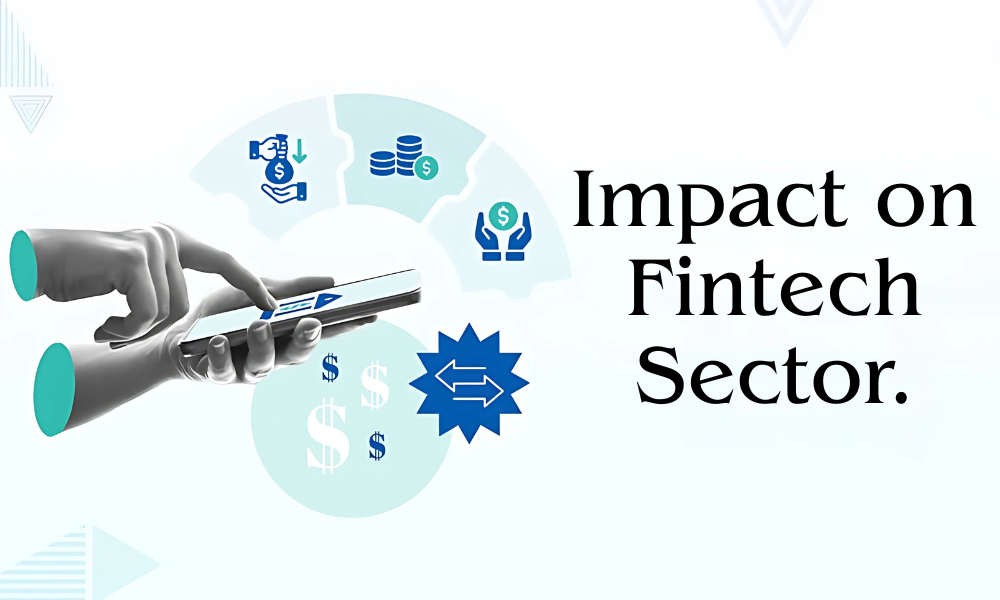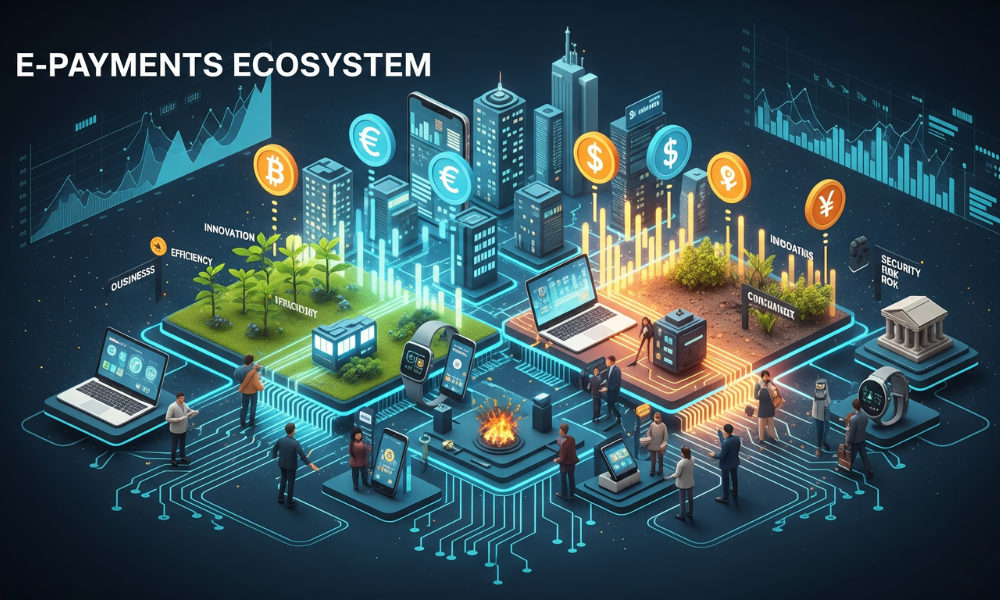
Introduction
The Goods and Services Tax (GST) has been a pivotal element in India’s economic landscape since its inception in 2017. In 2025, the Indian government introduced significant reforms to the GST framework, aiming to simplify the tax structure and stimulate economic growth. These changes have profound implications for the fintech and e-payment sectors, which are integral to the nation’s digital economy.
Simplification of GST Structure
One of the most notable reforms is the consolidation of the GST slabs from four to two, effective from September 22, 2025. This simplification is expected to reduce compliance burdens for businesses, including fintech firms, and enhance transparency in the tax system. The introduction of a two-rate framework for services—5% without Input Tax Credit (ITC) and 18% with ITC—further streamlines the taxation process, benefiting both service providers and consumers.
Impact on Fintech Sector

1. Enhanced Consumer Demand
The reduction in GST rates on various consumer goods and services is anticipated to boost consumer spending. Fintech companies, particularly those involved in lending and digital payments, are poised to benefit from this uptick in demand. For instance, digital payment startups and consumer lending companies expect a 5-20% increase in transaction volumes during the upcoming festive season due to improved affordability and increased credit-based purchases.
2. Growth in Insurance Sector
The exemption of individual life and health insurance from the 18% GST is a significant development. This move is expected to enhance public awareness and increase the adoption of insurance products. Fintech companies operating in the insurance sector, such as PB Fintech (Policybazaar), view this exemption as a game-changer that could attract a larger customer base.
3. Simplified Compliance
The introduction of auto refunds and prefilled tax returns, slated for rollout by October 2025, aims to ease compliance for small taxpayers. Additionally, a simplified registration mechanism for small suppliers selling through electronic commerce platforms will reduce the administrative burden on small businesses, including fintech startups.
Impact on E-Payments Ecosystem

1. UPI Transactions and GST
Unified Payments Interface (UPI) has become the backbone of India’s digital payment ecosystem. The government has maintained that UPI services will remain free for users, and GST won’t be applied directly to personal UPI transfers. However, certain components of UPI infrastructure, like value-added services from payment gateways, can attract GST, especially in commercial transactions.
2. E-Rupee Integration
The integration of the e-Rupee for GST payments is a forward-thinking initiative. By utilizing the e-Rupee, GST payments can be made directly from the payer’s e-rupee wallet to the Government of India’s account, potentially eliminating the need for an e-way bill. This move aims to enhance transparency and efficiency in tax collection.
Challenges and Considerations
1. Small Merchants’ Concerns
Despite the advantages, there are concerns among small merchants regarding the GST reforms. Some small businesses fear that digital payments through UPI might subject them to increased tax scrutiny or unexpected taxation under GST regulations. This perceived “GST overreach” is leading to apprehension among merchants, who may revert to cash transactions to avoid potential tax liabilities.
2. Implementation and Transition
The successful implementation of the new GST framework requires seamless coordination between various stakeholders, including fintech companies, payment service providers, and government agencies. Any delays or complications during the transition phase could impact the overall effectiveness of the reforms.
Conclusion
The GST reforms introduced in 2025 present both opportunities and challenges for India’s fintech and e-payment sectors. While the simplification of the tax structure and the reduction in GST rates are expected to stimulate growth and enhance compliance, it is crucial to address the concerns of small merchants and ensure a smooth implementation process. By fostering a conducive environment for digital transactions and providing adequate support to all stakeholders, India can continue its march towards a robust digital economy.




2 replies on “GST’s Impact on Fintech and E-Payments in India: A 2025 Perspective”
[…] moved fast—AI credit models, bank-statement analytics, and GST verification are now baseline expectations for risk and speed in Indian […]
[…] a high-income earner with erratic cash flows might slip through, while a gig worker with steady UPI transactions gets unfairly […]